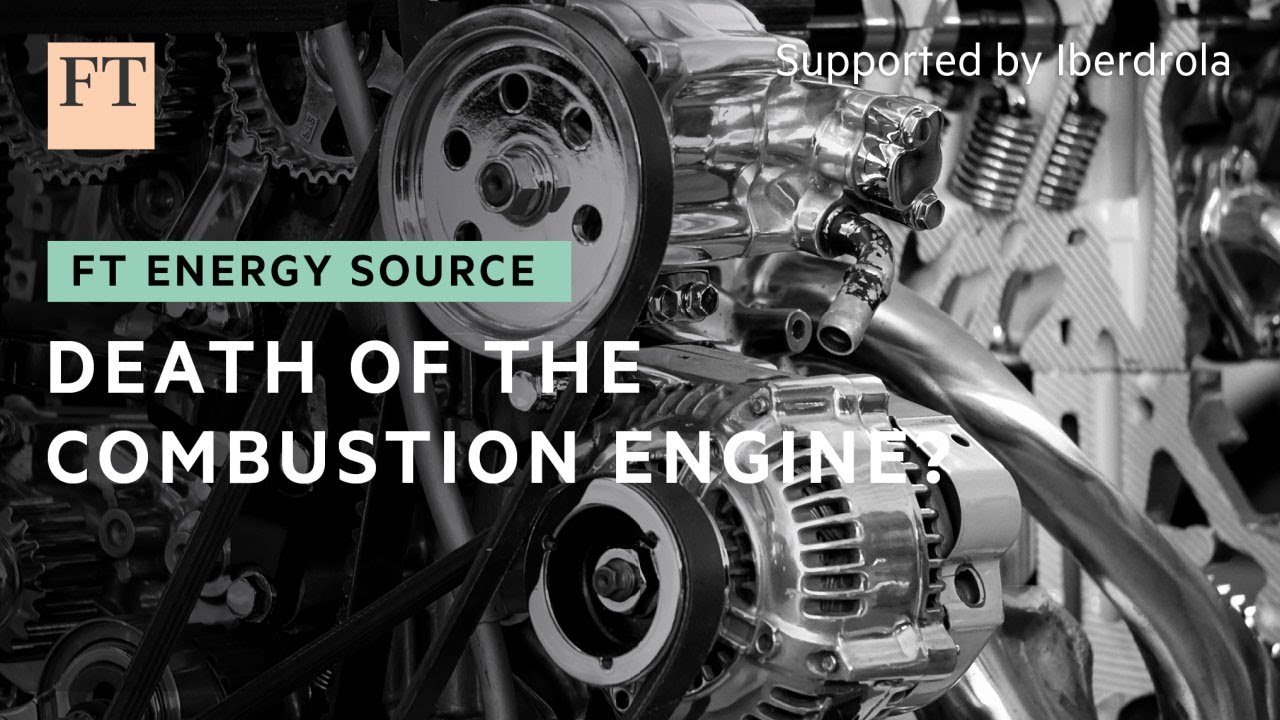- The internal combustion engine has been pivotal in global mobility but is now considered unsustainable due to its environmental impact.
- Transitioning to electric vehicles is crucial for achieving net-zero emissions, yet faces challenges such as high costs, infrastructure inadequacies, and skepticism from consumers.
- Electric vehicles offer greater efficiency and fewer emissions, with advancements in battery technology and the potential for clean electricity sources.
- Significant investments are being made globally in the EV market, yet there is a disparity in charging infrastructure, particularly in Europe.
- The shift towards EVs will require a transition from oil drilling to mining for essential minerals like lithium, cobalt, and nickel, raising concerns about supply chain control and environmental impact.
- China’s strategic focus on battery production has positioned it as a global leader, challenging other nations to enhance their competitiveness in the EV market.
- There’s ongoing debate about the role of synthetic fuels in greening the combustion engine, with some viewing it as a distraction due to inefficiencies and high costs.
- Recent political developments, including Germany’s push for the inclusion of e-fuels and the UK’s delay in its EV mandate, reflect the complexities of transitioning to a fully electric vehicle future.
- The narrative concludes with a perspective that, while the shift to electric vehicles is inevitable, the complete phasing out of internal combustion engines will be a gradual process, extending over decades.
The Financial Times is a British daily business newspaper printed in broadsheet and also published digitally that focuses on business and economic current affairs.
AllSides Media Bias Rating: Center
https://www.allsides.com/news-source/financial-times-media-bias
Official website: https://www.ft.com/
Original video here.
This summary has been generated by AI.

Leave a Reply